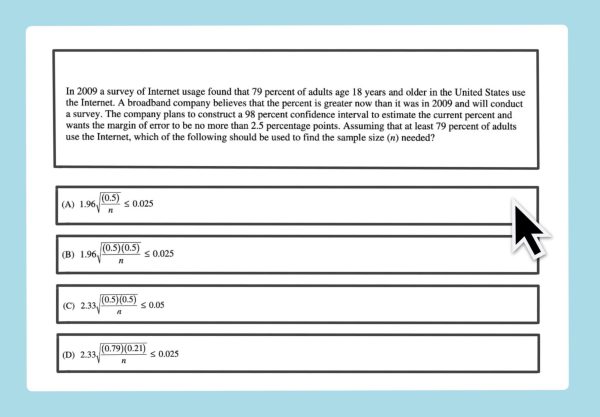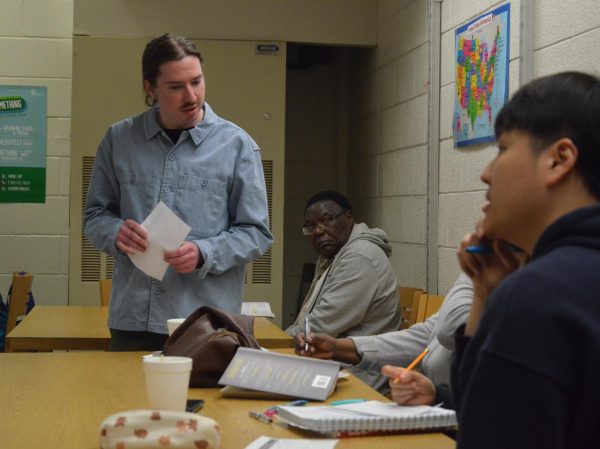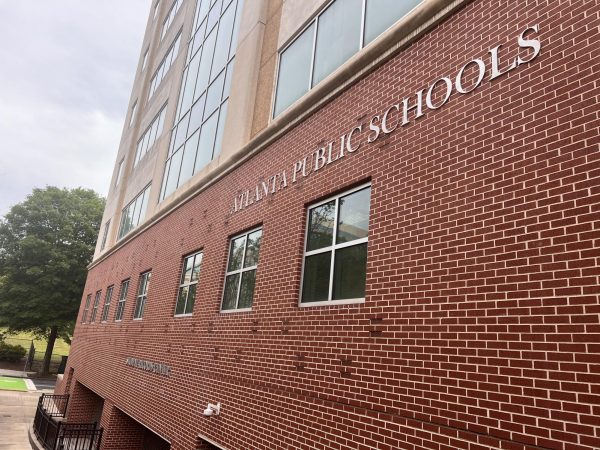DACA students sue for in-state college tuition

By Abby Thomasson
Seniors are just now finishing their college applications and receiving their first college acceptances, but more than 23,400 Georgia students are not able to receive in-state tuition that their peers are offered because they are qualified as “illegal immigrants.”
Deferred Action For Childhood Arrivals (DACA) is a program that was implemented during President Obama’s second term that gives children who came to the United States before their 16th birthday protection from deportation and access to work permits.
Since 2008, Georgia has upheld a bill that prevented “illegal immigrants” from receiving in-state tuition.
After June 2012, the Georgia Board of Regents ruled the status of an “illegal immigrant” applied to students who are a part of DACA, therefore stripping them of the opportunity to receive in-state tuition.
In December 2016, a group of DACA recipients sued the Board of Regents in hopes of lowering their college tuition costs, arguing they are legally in the United States in accordance with DACA, and should, therefore, receive the same treatment as a natural Georgia citizen.
“The decision by the Board of Regents is self-defeating, and devoid of any purpose other than punishment,” said Charles Kuck, the attorney from Kuck Immigration Partners representing the DACA students. “I took this case pro bono because somebody has to stand up to the bullies.”
In-state tuition is significantly lower than out of state tuition; it is approximately $15,000 less for Georgia in-state students to attend Georgia State University and $18,000 less for Georgia In-state students to attend University of Georgia. Because of the contrast in price, Grady junior and former DACA student Ruben Sanchez has applied for U.S citizenship and believes all Georgia students should receive the same opportunities.
“It would only be fair because I worked just as hard to get good grades as people that have been living in Georgia all their life,” Sanchez said. “I should not have to pay more.”
In a ruling issued on Dec. 30, 2016, Fulton County Superior Court Judge Gail Tusan agreed with Sanchez.
“We are talking about someone who has grown up in our country and gone to Georgia schools, did really well, and was accepted by a college, only to get to the point where they are told they have to pay a higher tuition for what appeared to be an arbitrary reason,” Tusan said. “This would not be reasonable and fair.”
A 2016 poll by Reuters/Ipsos found that 39 percent of Americans do not support the plan to relax immigration policy for some undocumented people. Other Georgia residents believe DACA students should not be able to receive in-state tuition because of the way their family came to this country.
“Allowing students who are here because of DACA in-state tuition would encourage entering the United States illegally when they see what can be offered to them,” Midtown Atlanta resident Bryant Richardson said.
The lawsuit is still active, and no decision has been reached. Judge Tusan’s decision still stands, but it is not being implemented because the Georgia Court of Appeals has granted a suspension of the authority of a trial court to issue an execution on an appealed judgment. There will be a review of Judge Tusan’s decision at the appellate court level, and both sides will argue their positions to the court of appeals.
“I am not sure how likely my appeal will pass,” Judge Tusan said. “I believe it is the correct decision but depends on whether or not my reading of the law and my accepting the DACA student’s arguments will be persuasive to nine different people. I think it will become more political.”
None of this will be relevant, however, if President Donald Trump decides to overturn DACA as part of his immigration plan. On his campaign trail, Trump vowed to repeal DACA, saying “they have to go.” However, in a statement released in December 2016, Trump altered his plan, still pledging to end DACA. He also suggested he would like to find some way to continue accommodating these young people in the United States.
“If DACA is overturned, there will no longer be DACA students and will resume being simply undocumented — a very sad outcome indeed,” Kuck said.
While Tusan believes all students deserve the same opportunities, she also encourages skeptics to look at the bigger picture.
“When we are talking about American-born versus foreign-born and allowing them to benefit from our country, it becomes a question of ‘us’ versus ‘them’,” Tusan said. “If you accept that there are certain situations where there is not an ‘us’ versus ‘them’ and just students that have to work hard, an understanding can be reached.”






